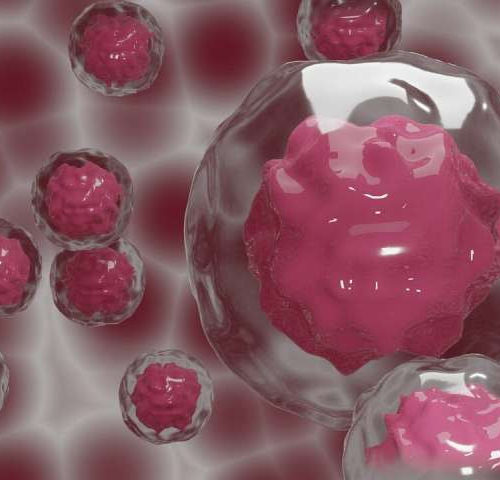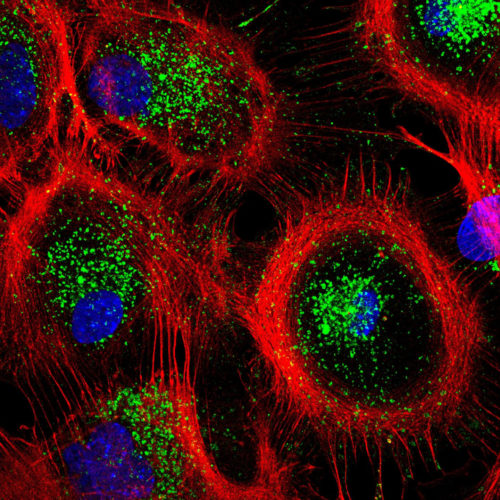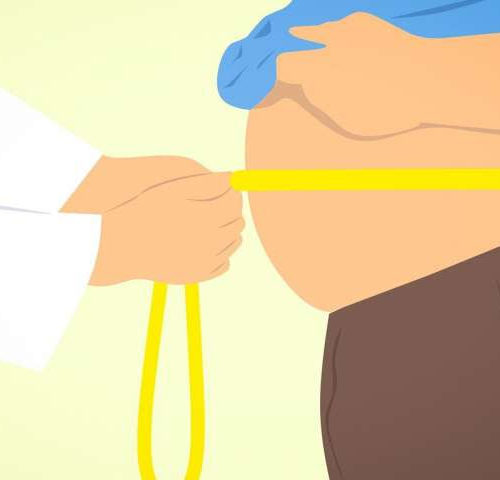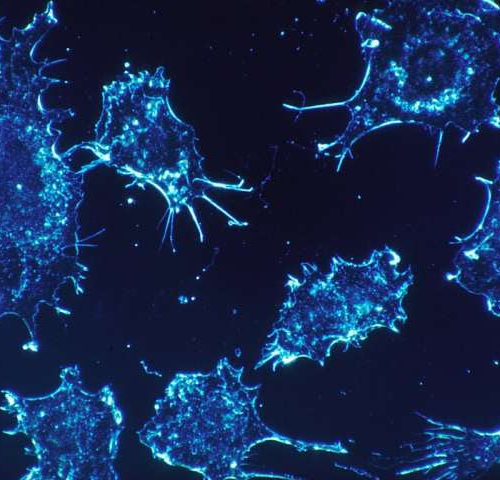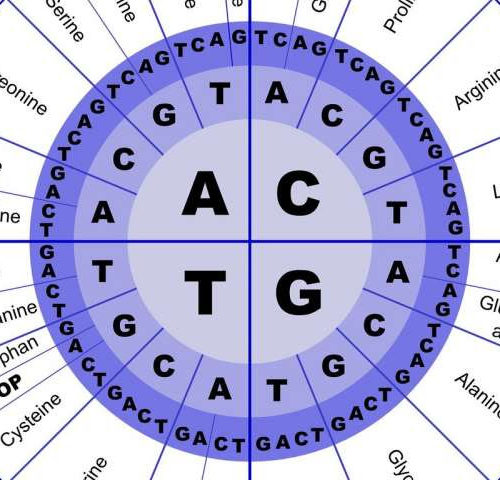UNIVERSITY OF COPENHAGEN THE FACULTY OF HEALTH AND MEDICAL SCIENCES An international research team have discovered how to activate brown fat in humans, which may lead to new treatments for type 2 diabetes and obesity. The results of the collaboration between the Centre de recherche du Centre hospitalier universitaire de Sherbrooke (CRCHUS) and the Novo...
Category: <span>Metabolic</span>
Study challenges idea that lower BMI shields smokers from fat-associated health risks
by Vanderbilt University Medical Center Some smokers might rationalize continuing to smoke because of lower body weight often associated with the habit. However, Vanderbilt University Medical Center investigators have determined that even with a lower body mass index (BMI), smokers have a higher risk of depositing fat in and around organs and tissues compared to...
Researchers identify a cancer metabolic pathway that could be a valuable target for therapy
by Sonia Fernandez, University of California – Santa Barbara Fighting cancer often means employing a suite of techniques to target the tumor and prevent it from growing and spreading to other parts of the body. It’s no small feat—the American Cancer Society predicts roughly 1.8 million new cases of cancer in the country in 2020,...
New, remote weight-loss method helped slash pounds
Losing weight during COVID-19 pandemic is urgent as obesity increases risk of severe disease and death NORTHWESTERN UNIVERSITY CHICAGO — Losing weight during the COVID-19 pandemic has increasing urgency because obesity increases the risk of severe disease and death. Two-thirds of U.S. adults are overweight or obese, according to the Centers for Disease Control and...
Obesity is a significant contributor to early dementia
Aging sucks. Your entire body starts deteriorating and it’s sad. There is nothing good about aging. But probably the worst part is the decline of cognitive abilities. Losing the sharpness of your mind is truly heartbreaking, but millions and millions of people are facing the inevitability of dementia. However, scientists from UCL have found that...
Osmotic stress identified as stimulator of cellular waste disposal
IMAGE OF MOUSE ASTROCYTES SHOWING THE ACTIN CYTOSKELETON (RED) AND LYSOSOMES (GREEN) view more CREDIT: TANIA LOPEZ-HERNANDEZ Cellular waste disposal, where autophagy and lysosomes interact, performs elementary functions, such as degrading damaged protein molecules, which impair cellular function, and reintroducing the resulting building blocks such as amino acids into the metabolic system. This recycling process...
Study gives insights into how human fat cells are affected by age
by Anna Molin, Karolinska Institutet Knowledge of how human fat tissue is affected by age has long been defined by numerous mouse-based studies. Researchers at Karolinska Institutet in Sweden have now, for the first time, been able to conduct a prospective study on humans that provides novel insights into how our fat cells reduce lipid...
A metabolic enzyme drives lymphoma and is a potential drug target
by Memorial Sloan Kettering Cancer Center Because of how aggressively they divide, cancer cells have an increased demand for building materials and energy. They meet these added demands by altering their metabolism—taking in larger amounts of fuel, for example. Historically, these metabolic changes have been considered a consequence rather than a cause of cancer, and...
Creating a new paradigm for understanding the individual effects of diet
by Murdoch University Researchers at the Australian National Phenome Centre at Murdoch University and partners at Imperial College London have made a major breakthrough in understanding how individuals can have different reactions to the same diets. For decades, nutritionists and scientists have been debating whether weight loss is down to sheer will power and healthiness...
Essential components of dietary restriction revealed
by Monash University Led by Dr. Adam Rose , the recent finding, published in Nature Communications, shows that by reducing the amount of two amino acids—threonine and tryptophan—in young healthy mice, they were able to burn more calories than they consumed, without calorie reduction, keeping them lean and healthy and without the side-effect of lower...


